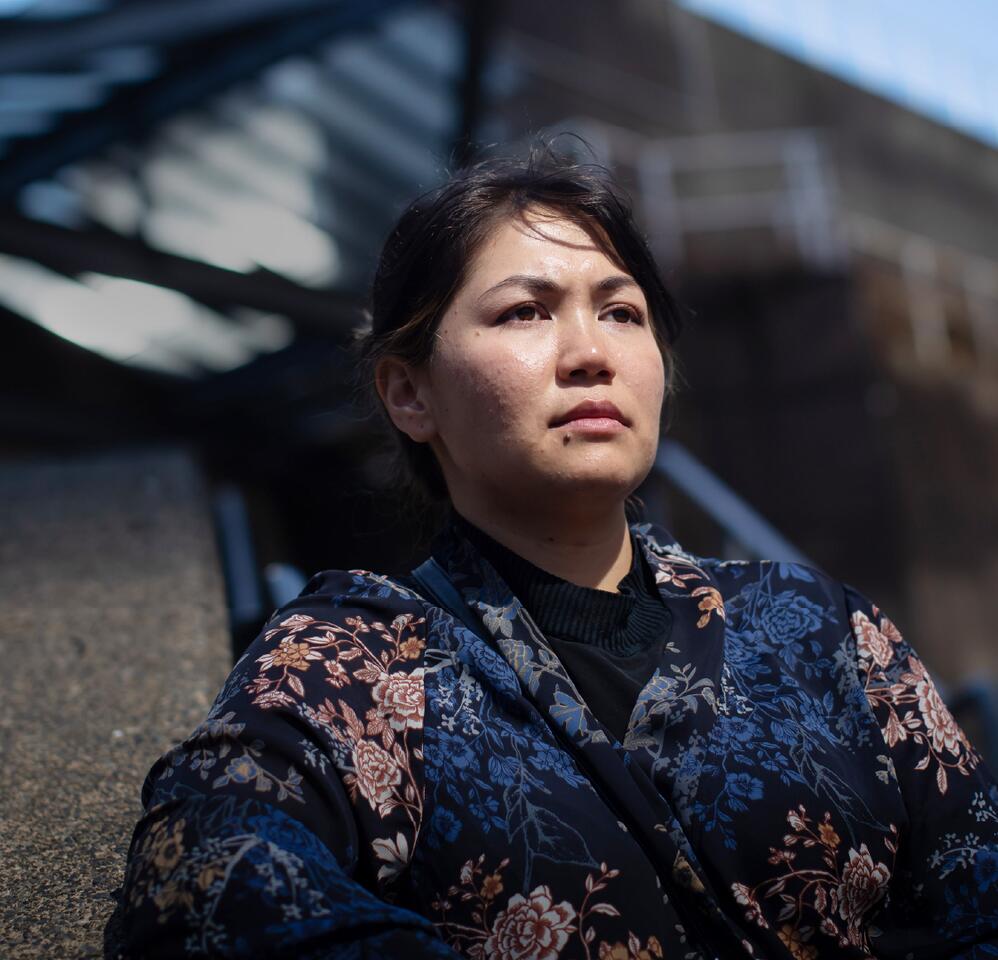
Changemakers
Groundwork techniques
Driven from her own country for excelling at judo, this trail-blazing Olympian is helping other Afghan women participate in sport and secure an education.
Photo: THE CANADIAN PRESS/Darryl Dyck
Friba Rezayee started practicing judo in her native Afghanistan in the early 2000s. “It was a new Afghanistan,” she recalls, “but a very broken Afghanistan – damaged by the Taliban, then the American war.” Amid the confusion and energy of a country rebuilding, Rezayee appreciated the outlet martial arts offered. “I liked throwing people,” she says with a sweet smile.
Judo had practical benefits, too: it was relatively inexpensive, and the modest uniforms suited a traditional culture. And judo was practiced indoors, making it safer for athletes facing gender‑based violence. The objections and threats from some in her community only made Rezayee train harder: “I wanted to prove it that women are equal to men, and girls are as strong as boys.”
Rezayee’s commitment quickly brought her success. By 2004, at 18 years old, she was participating in the Athens Olympic Games, where she and another female athlete were the first women to represent Afghanistan at the Olympics. Rezayee recalls: “To me it felt like, I’m going to the moon. I’m going to space. It was that important.”
Rezayee came back from the moon with legions of new admirers and enemies. Her pioneering presence at the Olympics inspired hundreds of Afghan girls to enroll in sports. But her new visibility resulted in threats to her life, grave enough that she entered Canada as a refugee in 2011.
Rezayee wasn’t done charting new paths. Enrolling at UBC to study political science, she became the first woman in her family to receive a university education. “The first day I sat down in a lecture, a whole new world opened to me,” she says. “It was like I was in outer space, and stars were flying past me.”
By now, Rezayee felt as though she had travelled to space twice over. But being the first woman in these new worlds weighed on her as both an honour and an outrage. Why weren’t other women given the same chances? Inspired by this question, Rezayee founded Women Leaders of Tomorrow, an organization leveraging over $3 million in scholarships to help women and girls from Afghanistan pursue sports training and education across the US and Canada. “I want to help a new generation of confident and competent leaders,” Rezayee says, “so they can go back to Afghanistan and lead.”
Her cause is more urgent than ever; with the Taliban’s return to power, girls’ access to education and sports is increasingly tenuous. There is plenty of work to do, and Rezayee’s eyes are on the stars.































